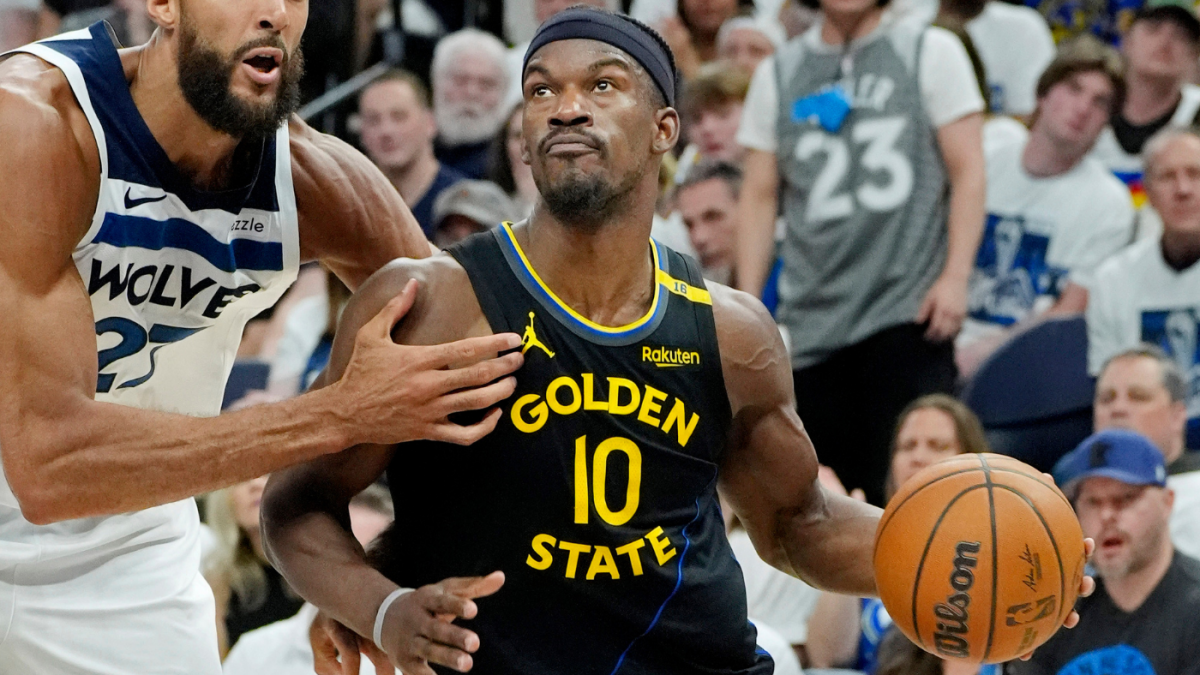“`markdown
When the Star Goes Down: How the Warriors Rewrote Their Game Plan
The roar of the crowd had barely settled when the unthinkable happened—Steph Curry, the Warriors’ offensive maestro, limped off the court clutching his left hamstring. What followed wasn’t just a basketball game, but a masterclass in team adaptability that would redefine the series before it even began.
The Pivot Point: Curry’s Untimely Exit
At the 6:22 mark of the second quarter, the Chase Center collectively held its breath. Curry’s strained hamstring wasn’t merely an injury—it was an existential threat to Golden State’s playoff aspirations. Consider these sobering facts:
– The Warriors’ offensive rating dropped by 8.2 points per 100 possessions without Curry during the regular season
– His 27.0 points per 75 possessions accounted for 32% of the team’s average scoring output
– The “Curry Effect” typically generated +12.4 in plus/minus differential
Yet as the medical staff helped Curry to the locker room, something remarkable began unfolding on the hardwood.
Butler’s Symphony of Effort
Jimmy Butler didn’t just fill the stat sheet—he rewrote the Warriors’ emotional playbook. His line of 20/11/8/2 tells only half the story:
First Half Impact (When Leadership Mattered Most)
| Stat Category | Impact |
|————–|——–|
| Deflections | 4 (team-high) |
| Contested Shots | 7 |
| Secondary Assists | 3 |
Butler’s most telling contribution came during a 90-second stretch late in the third quarter where he:
This wasn’t basketball—it was alchemy, turning potential panic into composed execution.
Green’s Defensive Chess Match
Draymond Green transformed into a defensive savant, orchestrating coverages that left Minnesota’s offense disoriented:
Timberwolves’ Shooting With Green as Primary Defender
– 3-of-14 on contested twos (21.4%)
– 0-for-5 on drives initiated against Green
– 4 forced turnovers in isolation situations
His most brilliant adjustment came at halftime, when he recognized Minnesota’s pet play—the Edwards-Gobert high pick-and-roll—and completely neutralized it through anticipatory positioning.
The Unsung Heroes
While stars adjusted, role players ascended:
Buddy Hield’s Shot Spectrum
– 4-of-7 from three (57.1%)
– All makes coming off movement (2 pindowns, 2 flare screens)
– +15 in his 28 minutes—second highest on the team
The bench mob combined for:
– 22 rebounds (7 offensive)
– 9 assists against just 2 turnovers
– 5 steals that directly led to transition buckets
The New Calculus Moving Forward
With Curry’s status uncertain, the Warriors revealed their contingency blueprint:
The Timberwolves now face an uncomfortable truth—they prepared for Curry’s gravity, but the Warriors demonstrated they can win through sheer collective will.
Epilogue: The Resilience Dividend
This wasn’t merely a 99-88 victory—it was an organizational statement. The Warriors demonstrated that their system isn’t built around any single player, but around an ethos of adaptability. As the series progresses, Minnesota must solve a riddle: How do you gameplan against a team that rewrites its identity mid-game?
The Warriors’ greatest strength may not be their shooting, their defense, or even their championship pedigree. It’s their chameleon-like ability to transform adversity into advantage—a quality that could carry them deep into these playoffs. When the final buzzer sounded, one truth became self-evident: Golden State’s heart beats far beyond any single player’s pulse.
“`











